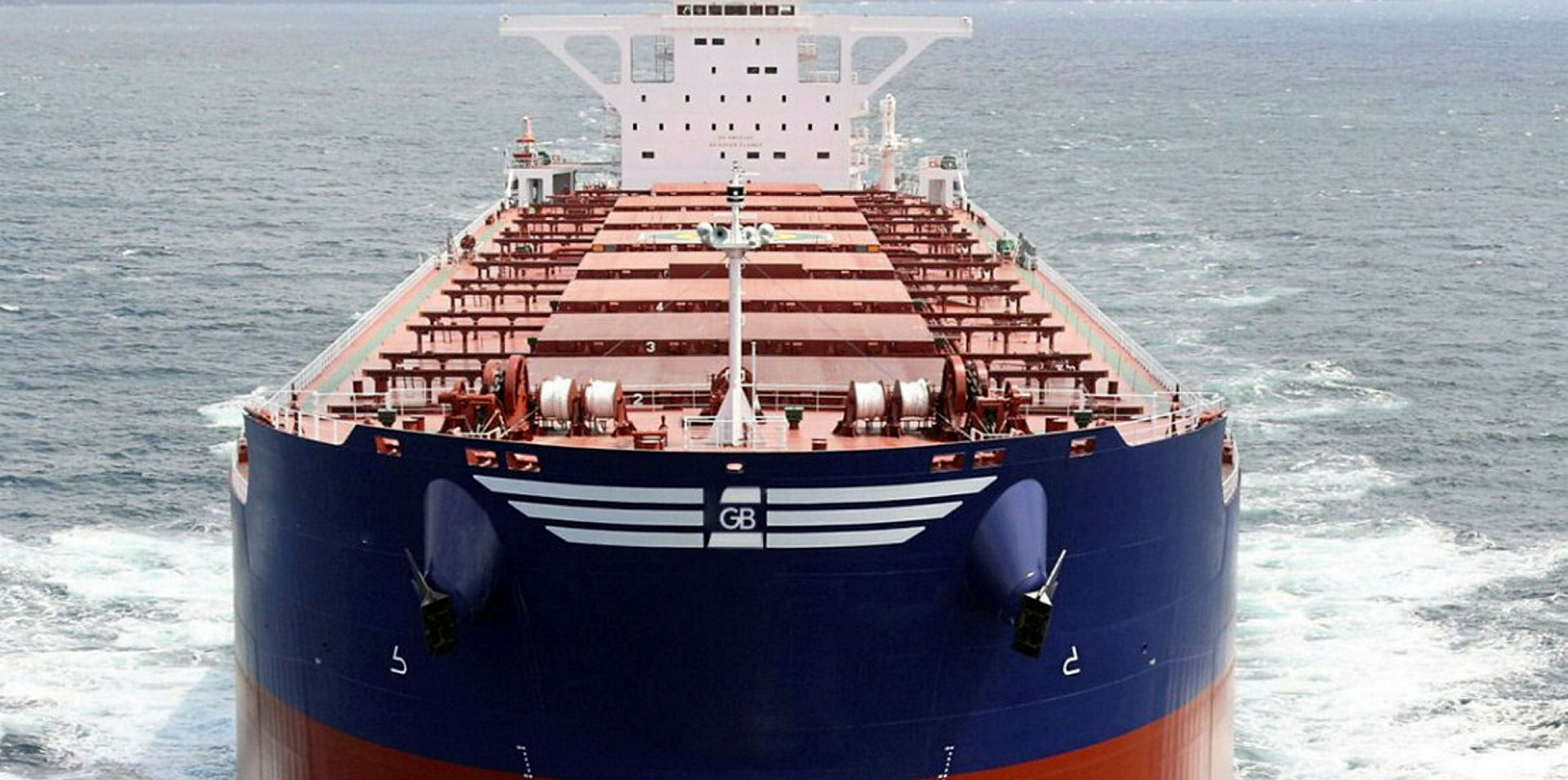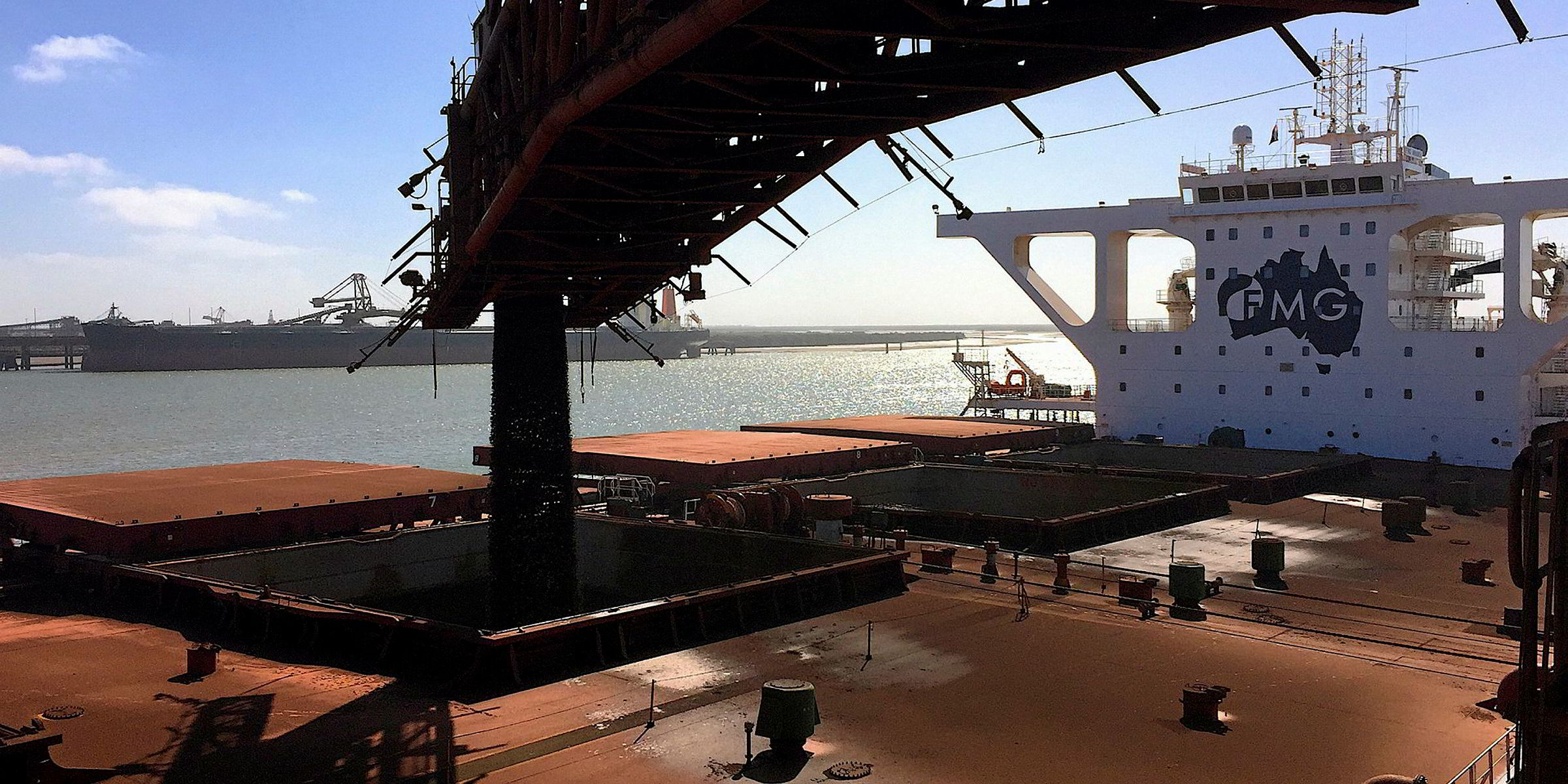Capesize spot rates have soared in recent weeks on tight Atlantic supply and robust Australian exports, but analysts question how long the rally will last.
The weighted timecharter equivalent (TCE) average for the iron-ore haulers has skyrocketed 811% to $29,395 per day since 29 May, according to Baltic Exchange assessments.
"This momentum has had a positive impact on the capesize period market where rates remained strong this week across both basins", Rebecca Galanopoulos Jones, commercial analyst for London-based ship brokerage Alibra Shipping told TradeWinds.
"Traditionally Australian iron ore exports peak at this time of year as the industry pushes out as many shipments of iron ore as possible before the end of the financial calendar."
Capesize rates have reached a six-month average of $19,000 per day on these factors but may very well decline because of them, she said.
"It’s likely that the current volatility is as a result of both factors and therefore the effect could be short term", she said.
'Under question'
"Brazil’s ability to meet the current iron-ore production schedule is under question due to the pandemic and if China’s restocking slows down, the market will drop off until various economies across the world restart following lockdown and demand for iron ore resumes across the world in the second half of 2020."
TCE rates for the benchmark Brazil-China route have leapt 764% to $26,795 per day since 28 May, according to the Baltic Exchange.
Meanwhile, those for the popular Australia-China route have jumped 143% to $26,795 per day.
The exchange attributed the rate hike to China's steel production, which has risen 11% on the year, according to the China Iron and Steel Association.
"We expect China’s steel production to continue to recover amid positive steel margins," it said in its daily market report.
"Demand for steel in the construction sector and car production are more than compensating for slower demand in other sectors."
Nonetheless, the exchange said China's strong demand for steel should only last over the next coming weeks, bar an unforeseen disruption in Brazil's iron-ore supply.
"With lower than normal port inventories of iron ore, traders and steel mills continue to place fresh orders for ore in the market in order to secure satisfactory supply in the months ahead", it said.






